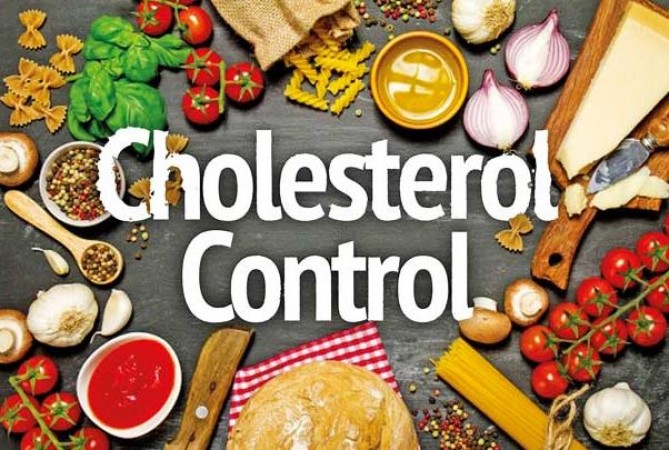
Cholesterol, a waxy substance found in the blood, is essential for the body's function but can become problematic when levels are elevated, particularly with LDL (Low-Density Lipoprotein), known as "bad" cholesterol. High cholesterol levels, often influenced by factors like poor diet, lack of exercise, and genetic predisposition, pose significant risks to cardiovascular health. To combat this, medical guidelines stress the importance of maintaining LDL cholesterol levels below 130 mg/dL and increasing HDL (High-Density Lipoprotein) levels above 100 mg/dL.
In recent years, there has been a growing emphasis on natural methods to manage cholesterol levels alongside medical treatments. These methods not only help in reducing cholesterol but also contribute to overall health and well-being.
1. Exercise Regularly
Physical activity is one of the most effective ways to lower LDL cholesterol and boost HDL cholesterol levels. Engaging in aerobic exercises such as brisk walking, jogging, cycling, or swimming for at least 30 minutes most days of the week can significantly improve cholesterol profiles. Exercise not only burns calories and helps maintain a healthy weight but also strengthens the heart and improves circulation.
2. Incorporate Monounsaturated Fats
Monounsaturated fats are healthy fats that can help lower LDL cholesterol levels while maintaining or even increasing HDL cholesterol levels. Foods rich in monounsaturated fats include olive oil, avocados, nuts (such as almonds, walnuts, and pecans), and seeds (like chia and flaxseeds). These fats can be easily incorporated into daily meals by using olive oil in cooking, adding avocado to salads or smoothies, and snacking on a handful of nuts.
3. Maintain a Healthy Weight
Being overweight or obese is a significant risk factor for high cholesterol levels and cardiovascular diseases. Losing excess weight through a combination of healthy eating and regular physical activity can help lower LDL cholesterol and improve overall heart health. A balanced diet that focuses on whole grains, lean proteins, fruits, vegetables, and low-fat dairy products, while avoiding processed foods and excessive sugar, is crucial for maintaining a healthy weight and cholesterol levels.
4. Increase Soluble Fiber Intake
Soluble fiber helps reduce LDL cholesterol levels by binding to cholesterol particles in the digestive system and eliminating them from the body. Foods high in soluble fiber include oats, barley, legumes (such as beans, lentils, and peas), fruits (like apples, oranges, and berries), and vegetables (such as Brussels sprouts and carrots). Adding these foods to your diet can help lower cholesterol naturally and promote digestive health.
Incorporating these natural methods into your daily routine can effectively lower cholesterol levels and improve cardiovascular health over time. While these lifestyle changes are beneficial, it's essential to consult with a healthcare provider for personalized advice, especially if you have existing health conditions or are taking medications for cholesterol management.
By adopting a balanced approach that includes regular exercise, a diet rich in monounsaturated fats and soluble fiber, and maintaining a healthy weight, you can take proactive steps towards managing cholesterol levels and reducing the risk of heart disease. Start implementing these strategies today to experience positive changes in your cholesterol levels and overall well-being.
BFUHS Recruitment 2024: Apply Online for 120 Staff Nurse Vacancies
Say Goodbye to Bad Breath: Easy Remedies for Fresh Breath
Beat the Heat with a Delicious and Healthy Drink: Mix Fruit Raita Recipe